Copyright © Shandong Wedo Agritech Co., Ltd. All Rights Reserved. Site Map
- +86-15253660961
- service@wedoagritech.com
- 67-2, Headquarters Base, Beihai Road, Weifang, Shandong

1. Feeding management of reserve pigs
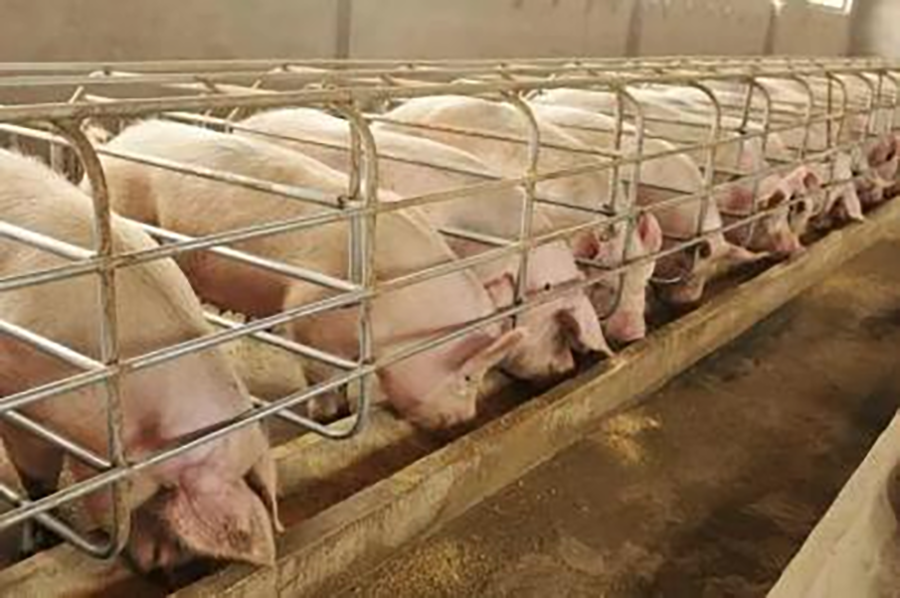
Reserve sows are fed growing and finishing feed before they are 60 kg, and then are fed special reserve sow feed from 60-70 kg. They are allowed to eat freely until they are about 100 kg, and are fed in limited quantities after 100 kg. The general daily feeding amount is 2 kg per head. About 10-14 days before mating in the second or third estrus, the feed amount of the reserve sows should be increased from 2 kg to 4 kg. Short-term good feeding during this stage is very important for the development and maturation of follicles. Ensure that the weight of the reserve sows reaches 130-140 kg at 210-240 days of age before participating in mating.
2. Feeding amount management during gestation day 0-7
Generally speaking, sows are not interested in feeds 0-3 days after mating due to the persistence of estrus. Feeding too much at this stage will cause a certain amount of waste. From 3 days after mating, the feed amount is adjusted to 1-2 kg per day until the 7th day. Since the yellow body has not been fully formed at this stage, it is not suitable to feed more. However, for sows that are particularly thin during the empty period, the feed amount can be increased to 2.5-3.0 kg from the fourth day of pregnancy.
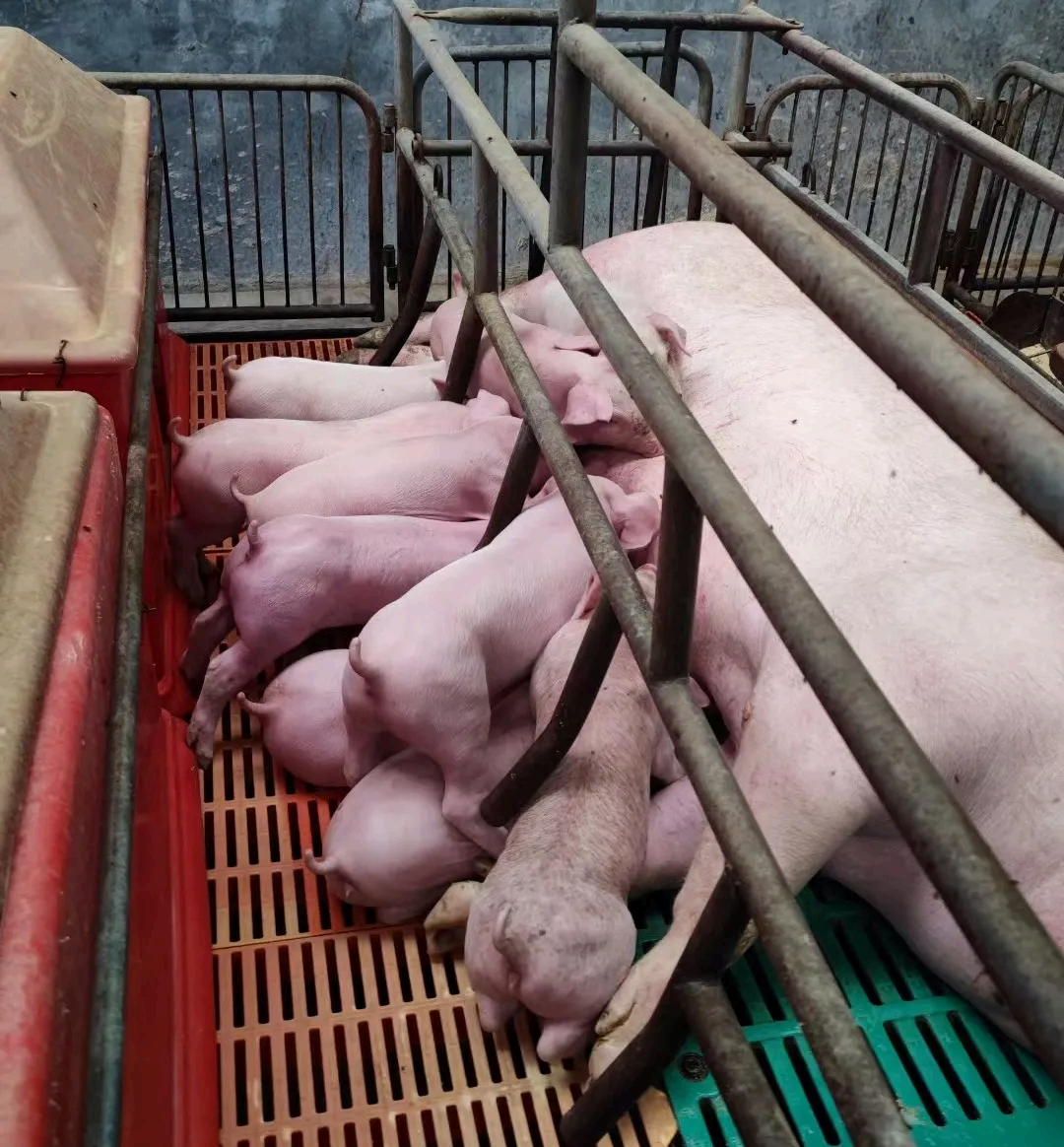
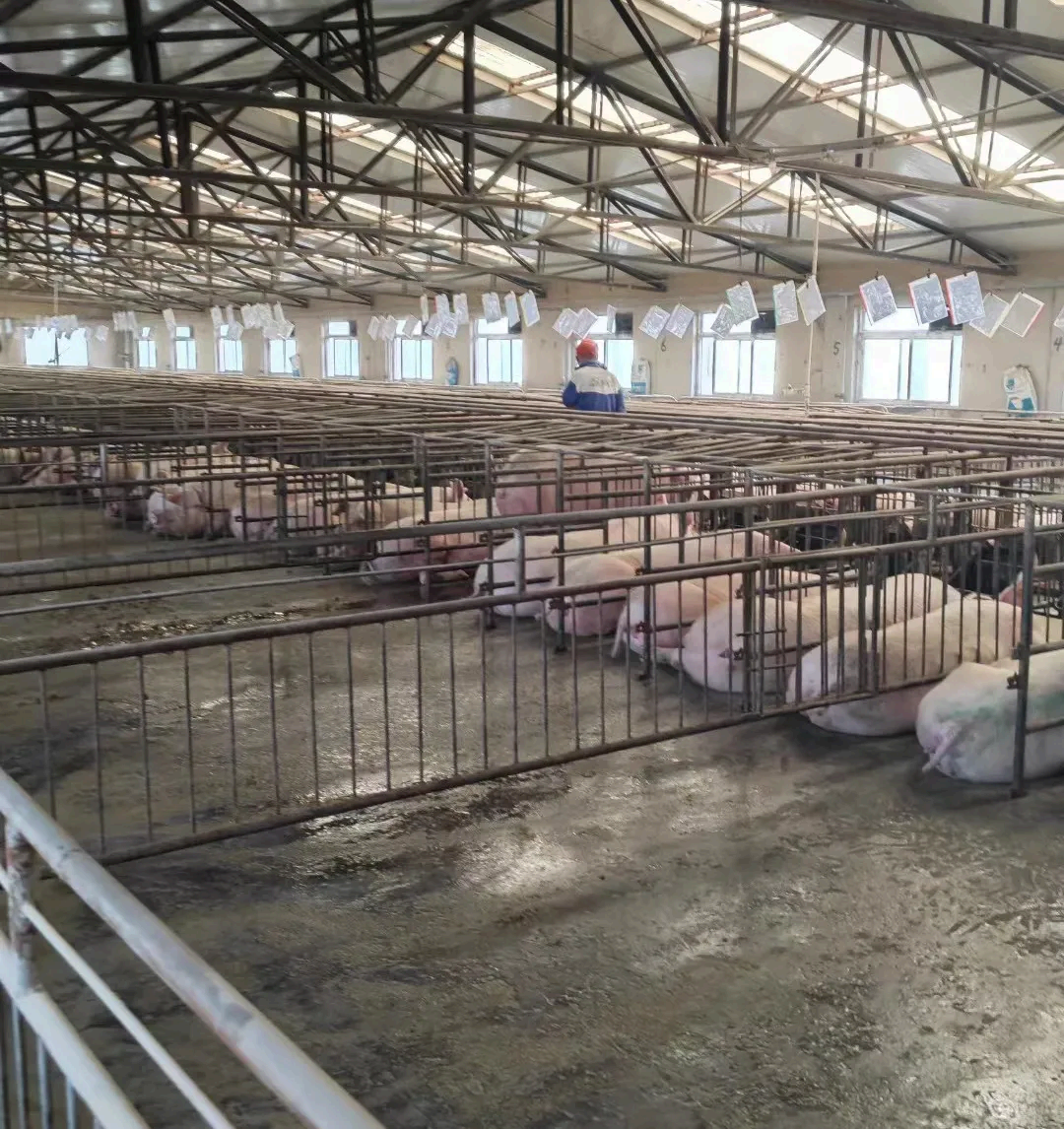
3. Feeding amount management during 8-30 days of pregnancy
This stage is the best time for sows to recover their body condition. The weight loss during lactation is best recovered during this stage. During this stage, the daily feed amount is 2.5-4.5 kg, with an average of 3-3.5 kg, depending on the sow's weight, body condition, environment, etc.
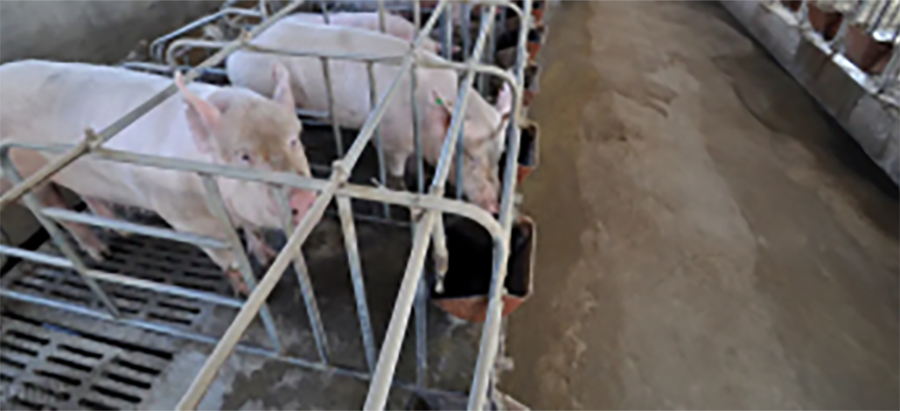
4. Feeding amount management during 31-90 days of pregnancy
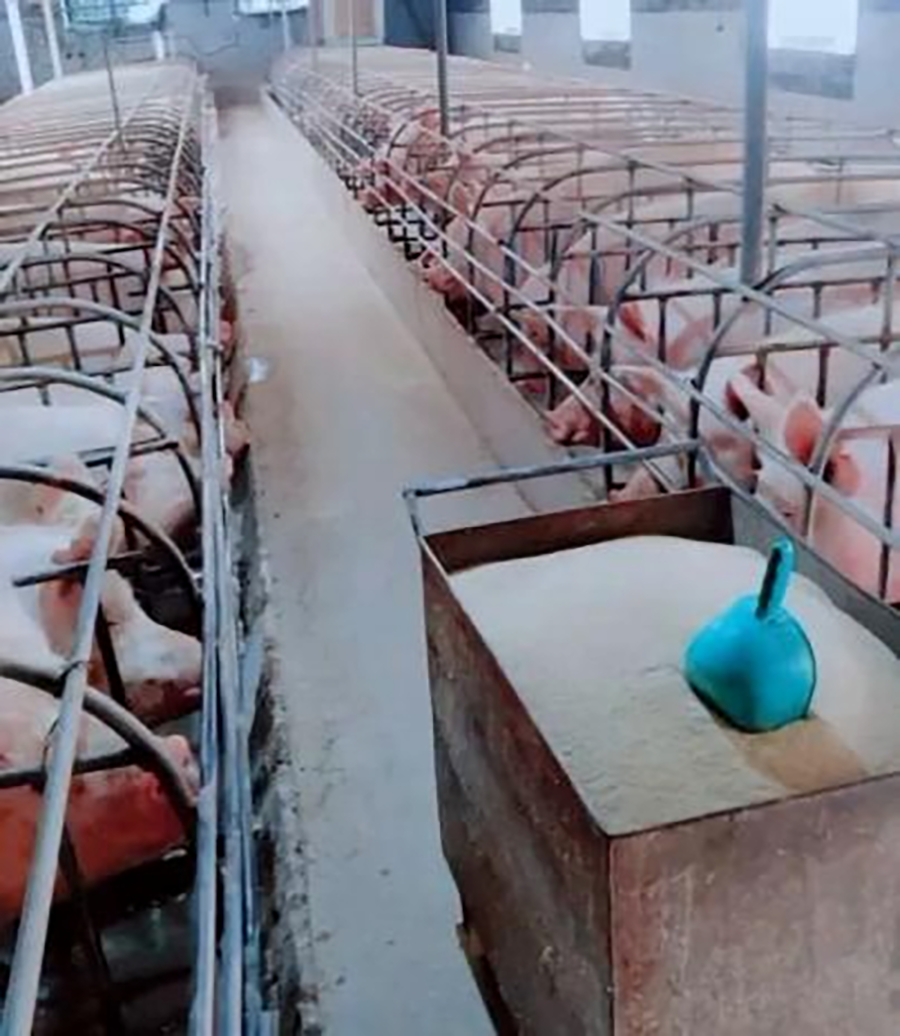
During this stage, pregnant pig feed is fed, and the feed amount is adjusted according to the pig's physical condition, size and season. The standard feed amount should be maintained at 1.8 - 2.0 KG. Large pigs, pigs in cold seasons and thin pigs can be fed 2.2 - 2.5 KG. The feed amount for replacement sows is similar to that for multiparous sows, but it is best to feed replacement sows with feed because they still have their own growth needs. In addition, the feed amount at this stage is negatively correlated with the food intake during lactation, that is, if you feed 100 g more per day, you will eat 250 g less per day during lactation, so avoid feeding more when the fat condition is normal.
5. Feeding amount management during gestation day 91-114
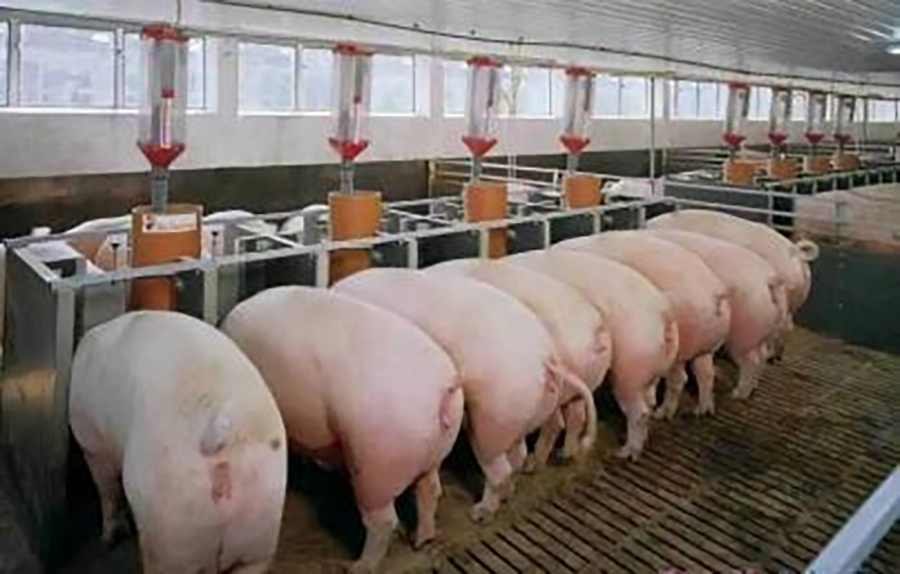
During this stage, the amount of feed is increased according to the pig's physical condition, weight, and abdominal circumference. Generally speaking, the maintenance requirement for multiparous sows is about 2.0 kg, which is determined according to the number of litters. Each litter corresponds to 0.15 kg of feed. For example, a multiparous sow pregnant with 10 piglets can be fed 3.5 kg of feed, and a sow pregnant with more than 16 piglets can be fed 4.5 kg of feed. The number of piglets to be pregnant can be estimated based on the litter size of the previous litter, the size of the abdominal circumference, and B-ultrasound. Do not artificially reduce feed before delivery. Feed twice a day during this stage. It is recommended that multiparous sows be fed with lactating sow feed and reserve sows be fed with pregnant sow feed, depending on the situation.
6. Feeding management of lactating pigs
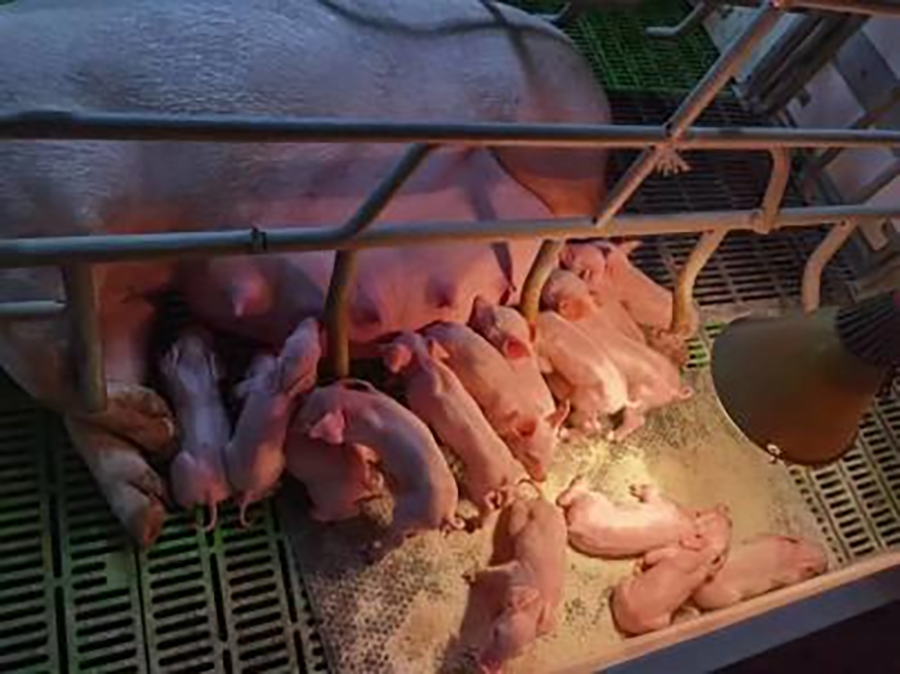
In this stage, pigs are generally not fed on the day of farrowing. Instead, they are fed bran, brown sugar and light salt water. On the second day, they are fed 1 kg of feed. Then, the feed is increased by 0.75-1.0 kg every day according to the sow's appetite and weight. Sows over 7-9 days after farrowing should be allowed to eat as much as possible. The daily food intake of sows = 2 kg + 0.5 kg × the number of piglets raised. During this stage, pigs are fed lactating pig feed 4 times a day, and feed should not be artificially reduced before weaning.
7. Feeding management of empty-stomach pigs
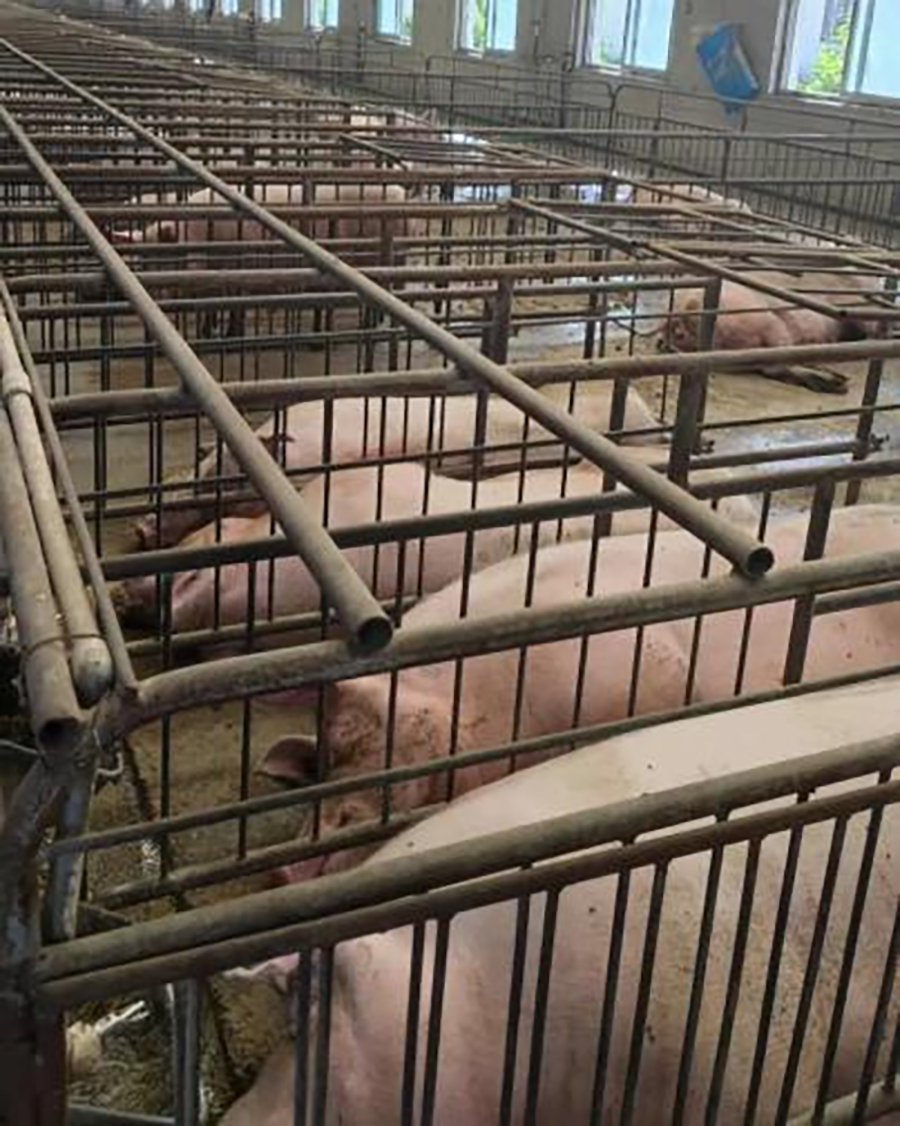
Weaning - Pre-breeding Sows continue to be fed lactation feed at a feed amount of 4 - 6 KG until breeding.